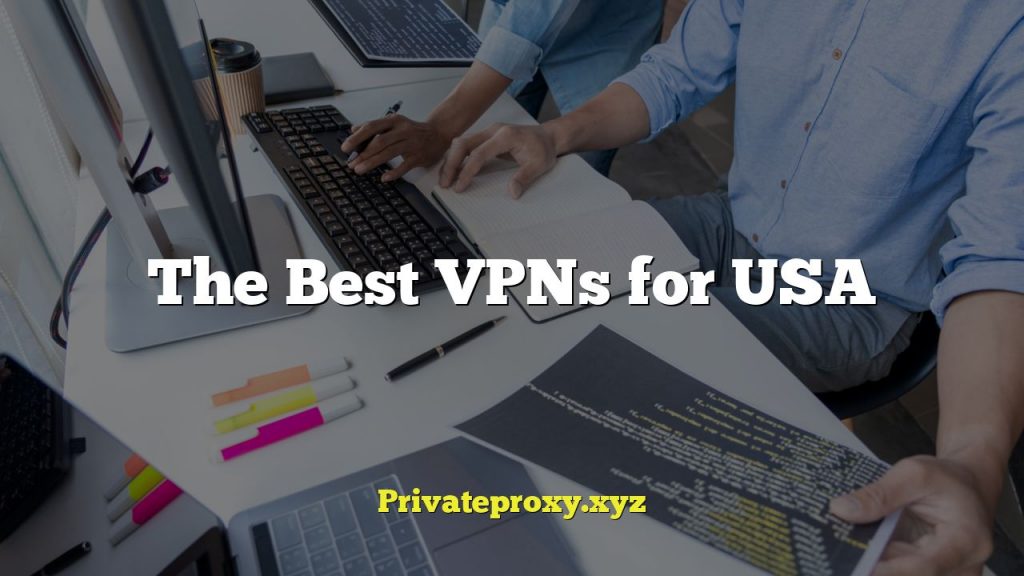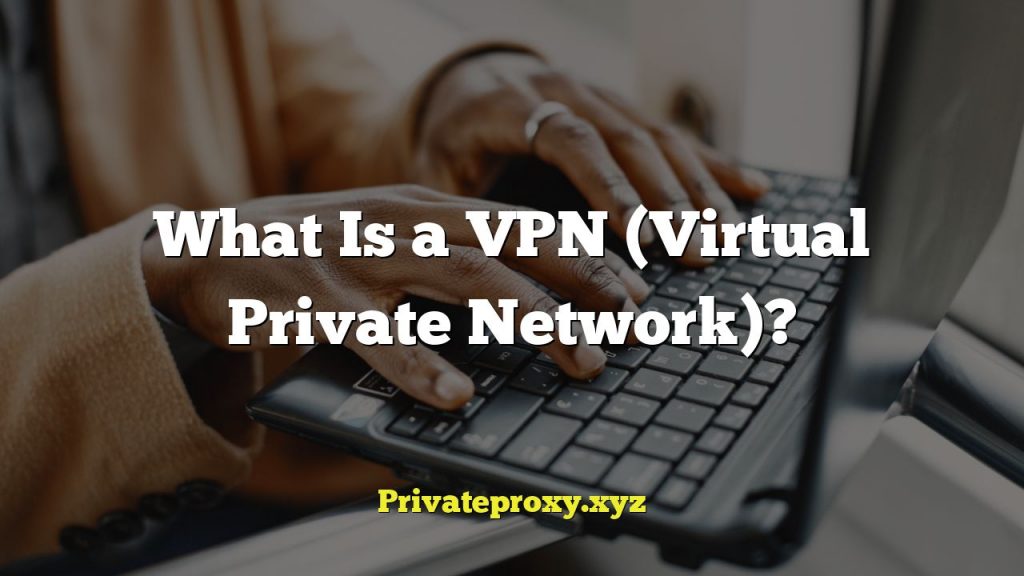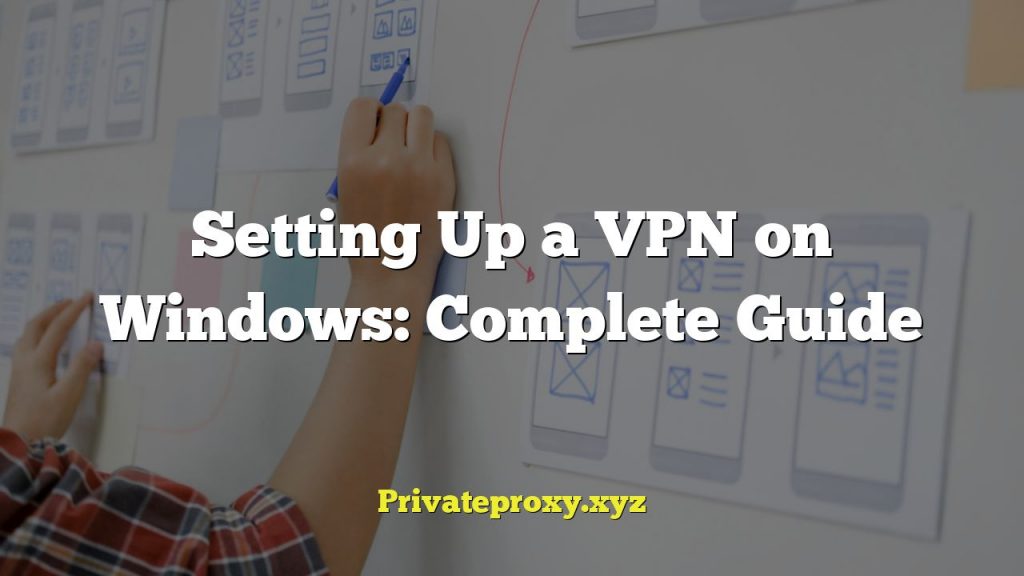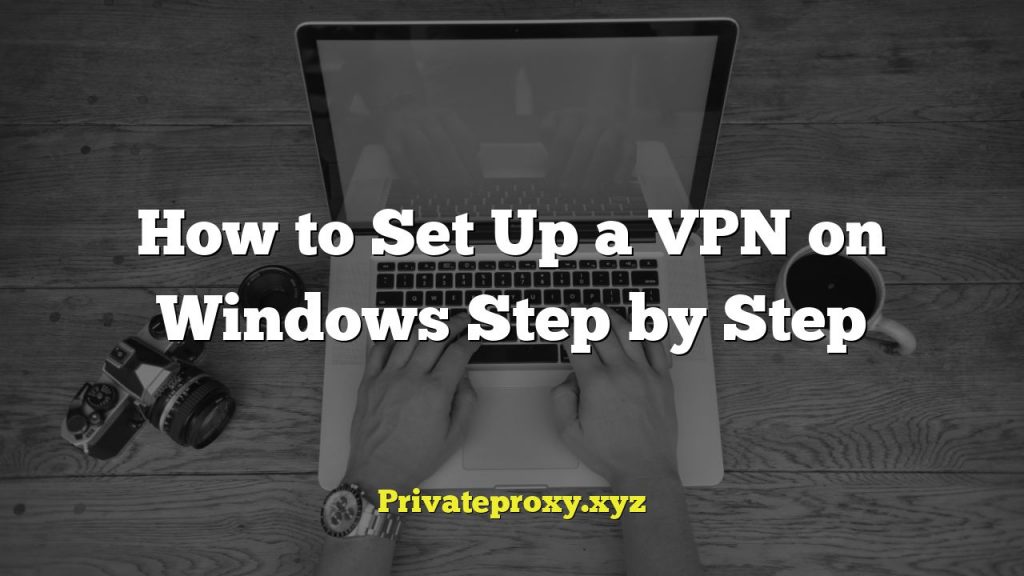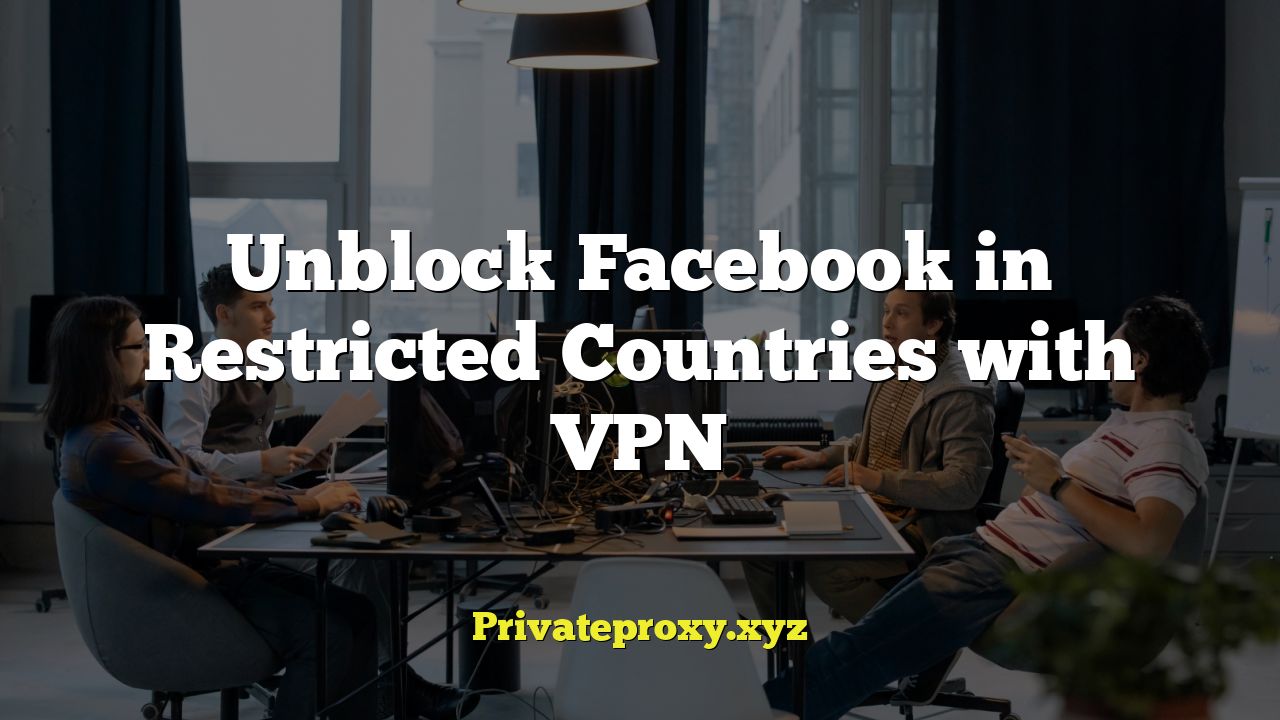
Unblocking Facebook: A Global Challenge
Facebook, with its billions of users, has become an integral part of global communication and social interaction. However, in some countries, access to Facebook is restricted or completely blocked due to government censorship, political control, or other reasons. This censorship deprives citizens of access to a vital platform for information, expression, and connection. Fortunately, Virtual Private Networks (VPNs) offer a reliable solution to bypass these restrictions and regain access to Facebook.
Understanding Why Facebook is Blocked
Several factors contribute to the blocking of Facebook in various countries. These factors are often intertwined and reflect the unique political and social landscapes of each nation.
- Political Censorship: Governments may block Facebook to suppress dissent, control the flow of information, and prevent the organization of protests or opposition movements. Social media platforms are often seen as tools for political mobilization, and restricting access is a way to maintain power.
- Social and Cultural Concerns: Some countries restrict Facebook due to concerns about the perceived negative impact on social values, cultural norms, or religious beliefs. Content deemed inappropriate or offensive may be cited as justification for blocking the platform.
- National Security: In certain cases, governments may argue that blocking Facebook is necessary for national security, citing concerns about the spread of misinformation, extremist propaganda, or threats to public order.
What is a VPN and How Does it Work?
A VPN, or Virtual Private Network, creates a secure and encrypted connection between your device and a remote server. This server acts as an intermediary, masking your IP address and making it appear as though you are accessing the internet from a different location. Here’s a breakdown of the process:
- Your device connects to the VPN server.
- All your internet traffic is encrypted, making it unreadable to third parties.
- The VPN server forwards your traffic to the website or service you are trying to access (in this case, Facebook).
- Facebook sees the IP address of the VPN server, not your actual IP address.
- Facebook sends the requested information back to the VPN server.
- The VPN server decrypts the information and sends it to your device.
By masking your IP address and encrypting your data, a VPN allows you to bypass geographic restrictions and access Facebook as if you were in a different country where the platform is not blocked.
Choosing the Right VPN for Facebook
Selecting the right VPN is crucial for a seamless and secure Facebook experience. Here are some key factors to consider:
- Server Location: Choose a VPN with servers in countries where Facebook is not blocked. The closer the server to your actual location, the faster your connection speed will likely be.
- Security and Privacy: Look for a VPN with strong encryption protocols (such as AES-256), a strict no-logs policy (meaning they don’t track your browsing activity), and other security features like a kill switch (which automatically disconnects you from the internet if the VPN connection drops).
- Speed and Bandwidth: Choose a VPN that offers fast connection speeds and unlimited bandwidth to ensure a smooth Facebook experience, especially when viewing videos or sharing media.
Step-by-Step Guide to Unblocking Facebook with a VPN
Unblocking Facebook with a VPN is a straightforward process. Here’s a step-by-step guide:
- Choose a reputable VPN provider and subscribe to their service.
- Download and install the VPN app on your device (computer, smartphone, or tablet).
- Open the VPN app and log in with your credentials.
- Select a server location in a country where Facebook is not blocked (e.g., United States, Canada, Europe).
- Connect to the VPN server.
- Once the VPN connection is established, open your web browser or the Facebook app.
- You should now be able to access Facebook without any restrictions.
Troubleshooting Common VPN Issues
While VPNs are generally reliable, you may encounter some issues. Here are some common problems and how to troubleshoot them:
- Slow Connection Speed: Try connecting to a different server location. The closer the server is to your actual location, the faster the connection speed will likely be. You can also try switching to a different VPN protocol or contacting your VPN provider for assistance.
- VPN Connection Drops: Make sure your internet connection is stable. Try restarting your modem and router. You can also try switching to a different VPN server or contacting your VPN provider for assistance.
- Facebook Still Blocked: Clear your browser’s cache and cookies. Try using a different web browser or the Facebook app. You can also try contacting your VPN provider for assistance. Make sure your device’s time and date are correct.
Alternatives to VPNs for Unblocking Facebook
While VPNs are the most common and reliable method for unblocking Facebook, there are some alternative approaches, although they may not be as effective or secure:
- Proxy Servers: Proxy servers are similar to VPNs but generally offer less security and encryption. They can be used to mask your IP address, but your internet traffic may not be as well protected.
- Tor Browser: The Tor browser is a privacy-focused browser that routes your internet traffic through a network of volunteer-operated servers. This can provide anonymity but can also significantly slow down your connection speed.
- Smart DNS: Smart DNS services reroute only specific parts of your internet traffic, such as the DNS requests, to bypass geographic restrictions. They are generally faster than VPNs but do not offer the same level of security.
The Legal and Ethical Considerations
Using a VPN to access blocked websites like Facebook raises some legal and ethical considerations. It’s important to understand the potential implications before using a VPN in a restricted country.
Legality: The legality of using a VPN varies depending on the country. In some countries, VPNs are completely legal, while in others, they are restricted or banned. It’s crucial to research the laws in your specific country before using a VPN. In some regions, using a VPN to access content deemed illegal by the government can lead to fines or even imprisonment.
Ethical Considerations: Some argue that using a VPN to bypass government censorship is a form of civil disobedience and a way to exercise freedom of expression. Others may argue that it is a violation of the law and undermines the government’s authority. Ultimately, the decision of whether or not to use a VPN is a personal one.
Conclusion
Unblocking Facebook in restricted countries using a VPN is a viable solution for individuals seeking access to information, communication, and social connection. By understanding how VPNs work, choosing the right VPN provider, and following the steps outlined in this article, you can bypass censorship and regain access to Facebook. However, it’s important to be aware of the legal and ethical considerations and to use VPNs responsibly. Remember to prioritize your online security and privacy by selecting a reputable VPN provider with strong encryption and a strict no-logs policy. Staying informed about the latest regulations in your region is also crucial for responsible VPN usage.
